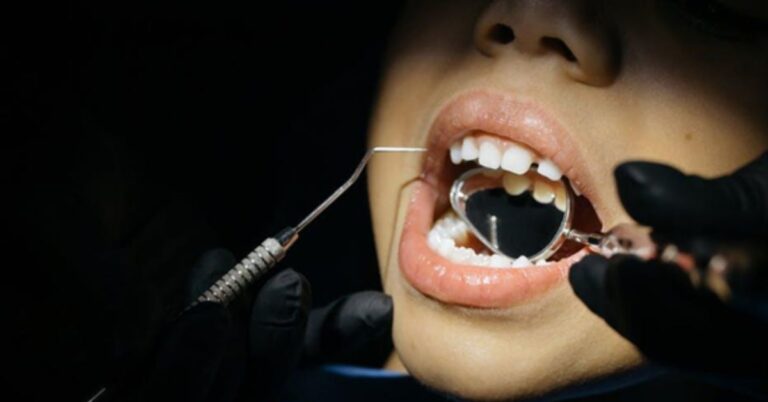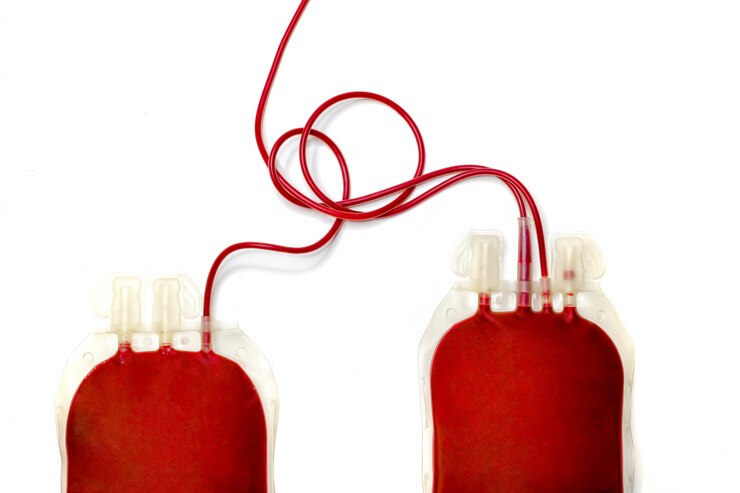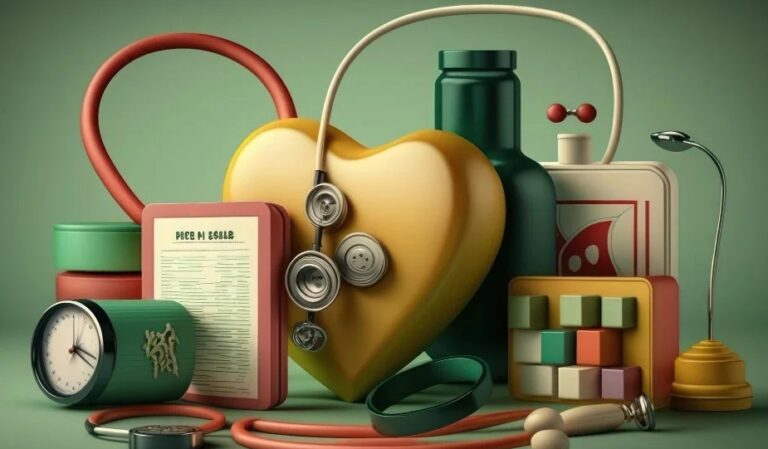The Role of Short-Term Treatment Programs in Combatting Addiction
Table of Contents:
- The Origins and Evolution of Short-Term Treatment
- Types of Short-Term Treatment Programs
- The Effectiveness of Short-Term Treatments
- When to Consider Short-Term Treatment
- Components of a Successful Short-Term Program
Key Takeaways
- Short-term treatment programs are precious for providing immediate assistance in the recovery process.
- An effective short-term treatment plan often involves a combination of medically supervised detox and psychotherapy within a supportive environment.
- Aftercare is a critical component following short-term treatment that helps maintain long-term sobriety and prevent relapse.
Substance misuse affects families, communities, healthcare systems, and the individual. Amidst the vast field of addiction recovery, short-term treatment programs have gained prominence by providing urgent and intensive care tailored to pave the road to sobriety. However, they are not a catch-all, and understanding their role within the broader treatment spectrum is crucial to fostering successful recovery journeys.
The Origins and Evolution of Short-Term Treatment
Understanding the past of short-term treatment programs helps to explain how they have changed throughout time and how they are being used to treat drug dependence. Short-term treatments have been around for a few decades, and they came about in response to the increasing demand for readily available, quick care for people who were struggling with addiction. It is imperative to have access to affordable substance abuse treatment programs since they can serve as a crucial initial step toward enduring recovery and abstinence. From essential interventions, these have developed into complex programs using various evidence-based therapies and rehabilitation models. It is clear from looking at the development of short-term treatments that they were not created as a stand-alone remedy but rather as a component of an all-encompassing strategy for treating addiction.
Types of Short-Term Treatment Programs
A variety of short-term treatment programs have been developed in response to the various needs of those who are addicted. These include outpatient programs where clients can continue to live at home while receiving treatment and inpatient or residential programs that provide a structured, therapeutic environment typically ranging from a few days to several weeks. Detoxification programs, often the initial step in treating substance abuse, are designed to manage withdrawal symptoms safely. Meanwhile, residential therapy programs are structured to include individual and group counseling, behavioral therapies, and sometimes holistic treatment methods to support the initial stages of sobriety.
The Effectiveness of Short-Term Treatments
The question of how effective short-term treatments are in the long-term management of addiction is nuanced. Studies, such as those compiled in the short-term drug treatment success rates report, indicate that these programs can be powerful kickoff points for some individuals’ recovery paths, particularly when they’re followed by consistent aftercare. The data suggests that short-term treatments can prevent relapses and promote prolonged abstinence from substance use. The right combination of intensive therapy and a supportive transition program can set the stage for lasting recovery.
When to Consider Short-Term Treatment
Understanding when to seek short-term treatment is vital for individuals and healthcare providers. Short-term treatments are not one-size-fits-all solutions but can be highly effective for individuals with a stable living environment and a willingness to engage in aftercare. These programs can be especially beneficial to those in the early stages of substance abuse or for those experiencing a mild to moderate level of dependency. Short-term treatment serves as an imperative bridge to sobriety for many, providing the necessary tools and support to combat addiction in its initial and often most daunting stages.
Components of a Successful Short-Term Program
The success of a short-term treatment program hinges on several key components. A well-designed program will offer medical supervision to manage withdrawal safely, along with behavioral therapies that address the psychological aspects of addiction. It will foster an environment of support through peer-led groups or professional counseling, which builds resilience and accountability. Moreover, a successful program recognizes the individual needs of its clients. It adapts treatment plans accordingly, preparing them not just for the duration of the program but for the challenges that await beyond its end.







